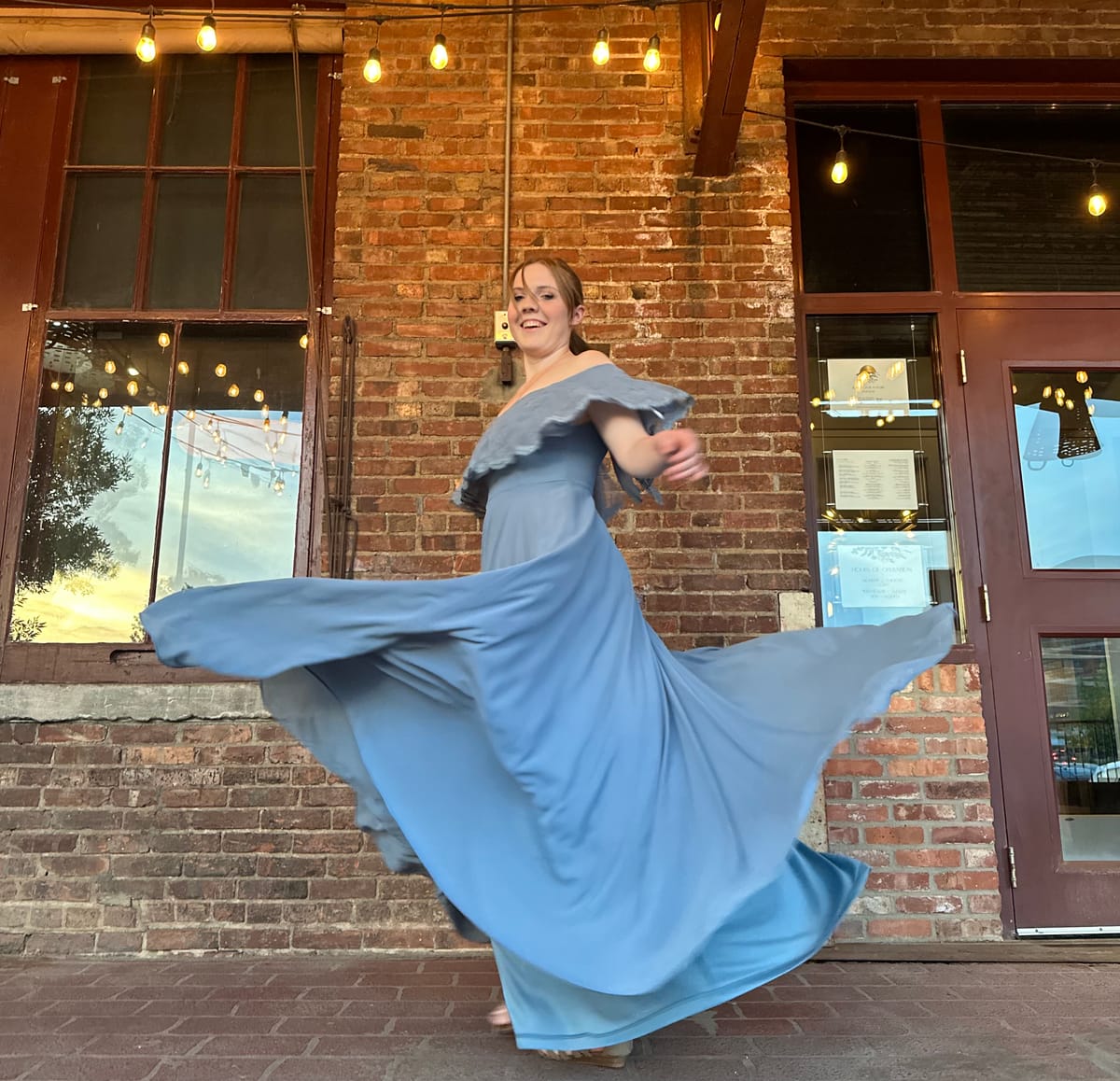Don't stop creating art

In his 2016 blog “How to create art and make cool stuff in a time of trouble,” Chuck Wendig wrote“If you are a person that Makes Art, then that’s who you are and there’s nothing precious or small about that.”
If you’re anything like me, you’re exhausted. If you’re especially like me, you’re graduating in a month and everything sort of feels like it’s on fire because you’re facing the very real and horrific prospect of having the world at your fingertips. All the while, political unrest and global conflicts continue to rage on.
This is the kind of thing that Wendig meant by “a time of trouble.” It is a time in which creating is not just difficult but can feel amoral. It’s a time that makes us think about why we do art in the first place.
I grew up dancing and performing, but I’ll be the first to admit that I’m not a very good dancer — at least not by the standards I’ve been accustomed to. When I think back on all of the years I’ve been dancing, I see all of the dancers around me that were way better than me.
Those thoughts have a tendency to fester. They sink into the pit of my stomach and poison my self-image. Or they did, but being good isn’t what dance is about for me anymore.
Philosophers and artists alike have spent centuries trying to decipher what makes “good” art despite knowing that the question is inherently subjective. For my part, I tend to subscribe to the idea that if it means something to someone, even if it’s just to the person who created it, it’s good art.
At the same time, it must be said that some art is better than other art and what qualifies the degree of excellence is even more intangible. And through all of this, it’s uncertain if it even matters whether art is good or not when that isn’t what motivates its creation in the first place.
Most artists want their talent to be recognized, but that’s not the motivation behind what they create. In my experience, artistic pursuits are most often a means of understanding the world and sharing in the human experience.
Humans create things. There is centuries of anthropological evidence to support that claim. The first ancient people to etch pictures into rocks were likely not worried about whether Grattrack with her brown eyes and bushy hair thought it was good. They certainly did not think about all of the people thousands of years later that would look at their drawings and wonder what the deeper meanings might be.
Sometimes, the act of creation is meaning itself. Subsequent recognition of the quality of one’s work is mere confetti. It’s nice and it can be pretty to look at, but it’s ultimately not the point.
The need to be “good” at art stems from an entirely neoliberal way of thinking, and the belief that any activity that is not directly profit-producing is not worth doing is frankly a strong contender for the reason that everyone seems to be so miserable.
All of which brings me to my point that we need to create things regardless of how good (or perhaps how bad) they are. In fact, I would argue that making terrible art is essential to being human. Dancing, singing and drawing are all human behaviors before they are means of garnering recognition or profit.
I may not be the greatest dancer, but I have no less right to dance as anyone else. The need to create art exists regardless of skill or talent, and that is every reason that you need to keep on making.



